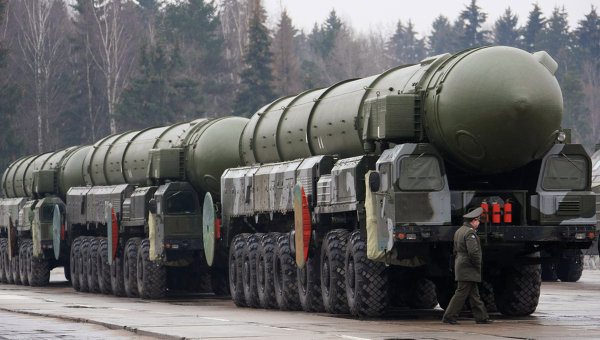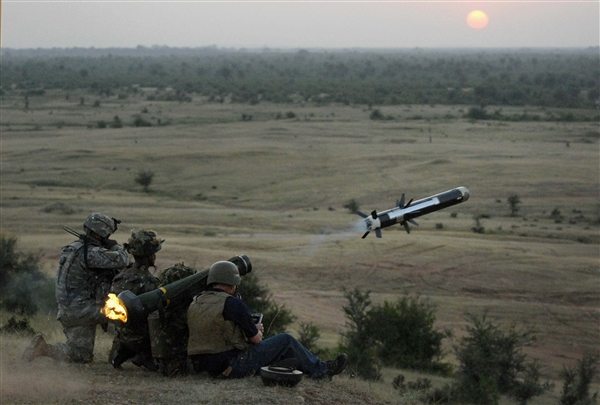The United States will need between five and seven Ground Based Interceptors (GBI) to intercept one Russian Topol-M intercontinental ballistic missile, a Russian military expert said on Tuesday.
“From my contacts with the director of the [US Department of Defense’s] Missile Defense Agency, I have learned that the Americans will need five to seven interceptors to engage one Topol-M missile,” retired Col. Gen. Viktor Yesin, former chief of staff at Russia’s Strategic Missile Forces (1994-1996), told a news conference hosted by RIA Novosti.
He did not elaborate on the nature of his contacts with the MDA head or when he had received the information.
The US has deployed 30 GBIs, Yesin said – “26 in Alaska and four in California,” adding that the effectiveness of the US countermissiles is “somewhat limited.”
He also said missile defense negotiations with the United States will produce no positive results, and that development in that area will continue.
US Defense Secretary Chuck Hagel announced in mid-March that plans for the final stage of Central European-based missile shields are to be scrapped and that interceptors will instead be placed in Alaska.
The US change to the program has come in response to increasingly confrontational rhetoric from North Korea, which said Tuesday that it would restart its nuclear reactor.
The US says that the positioning of interceptors in Alaska and an additional radar station in Japan are designed to provide further coverage from any possible missiles launched from North Korea, but Russia worries that any missile defense program undermines the integrity of its own military strategy.
Russian Deputy Defense Minister Anatoly Antonov said two weeks ago that security officials from Russia and the United States will meet in the coming months to discuss the impact of recent developments. Antonov said talks could be held at a security conference in Moscow due to take place on May 23-24.
Russia says it is pressing for “legally binding agreements guaranteeing that US missile defense elements are not aimed against Russia’s strategic nuclear forces.”











